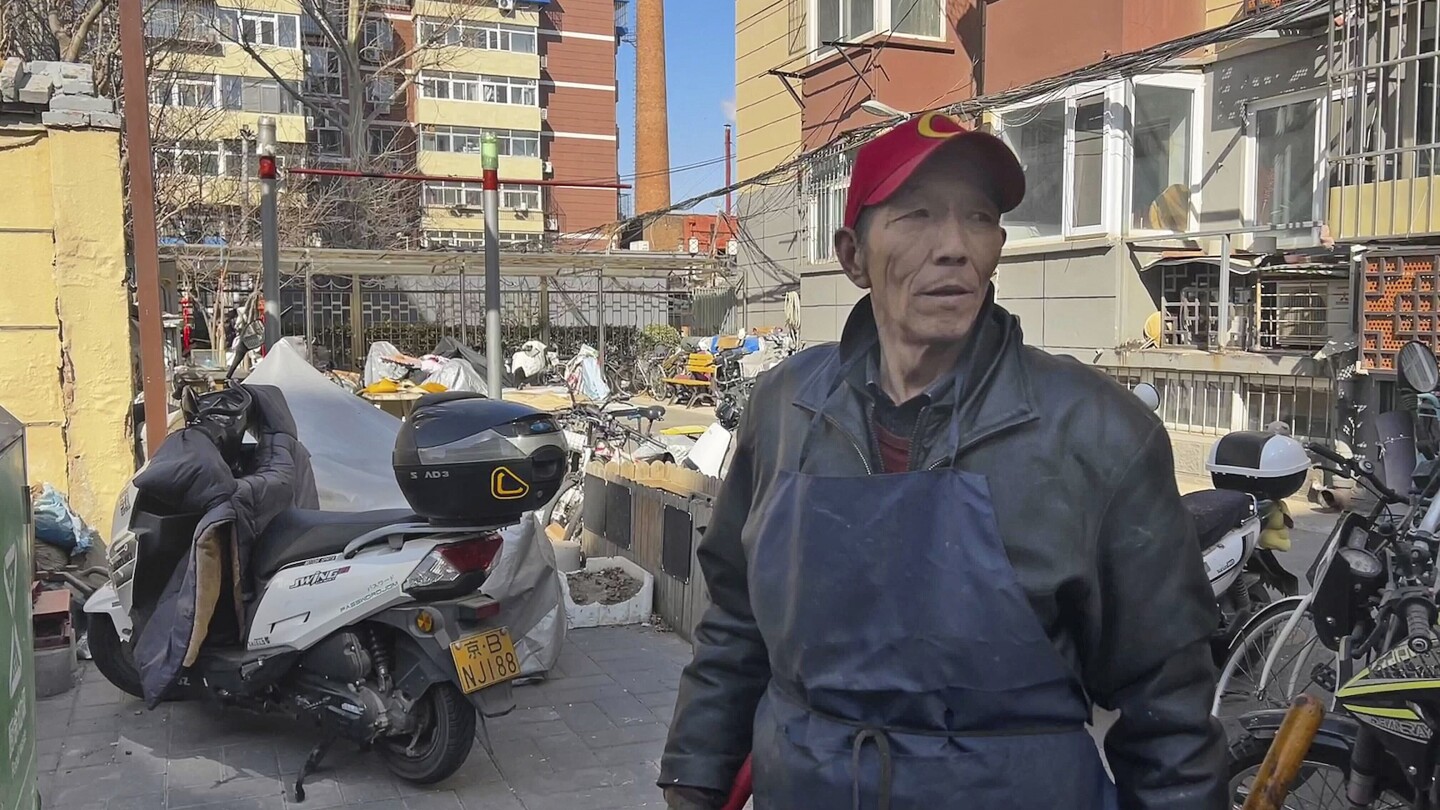At 53, Guan Junling is too old to get hired at factories anymore. But for migrant workers like her, not working is not an option.
For decades, they have come from farming villages to find work in the cities. Toiling in sweatshops and building apartment complexes they could never afford to live in, they played a vital role in China’s transformation into an economic powerhouse.
As they grow older, the first generation of migrant workers is struggling to find jobs in a slowing economy. Many are financially strapped, so they have to keep looking.
“There is no such thing as a ‘retirement’ or ‘pensions’ for rural people. You can only rely on yourself and work,” Guan said. “When can you stop working? It’s really not until you have to lie in bed and you can’t do anything.”
She now relies on housecleaning gigs, working long days to squirrel away a little money in case of a health emergency. Migrant workers can get subsidized health care in their hometowns, but they have little or no coverage elsewhere. If Guan needs to go to hospital in Beijing, she has to pay out of pocket.
As China’s population ages, so are its migrant workers. About 85 million were over 50 in 2022, the latest year for which data is available, accounting for 29% of all migrant workers and up from 15% a decade earlier. With limited or no pensions and health insurance, they need to keep working.



I’m not calling it socialist in the classical sense. Yes, there was a big shift in 78 to open up the markets to western economies and privatize heavily. I’m only expressing myself according to the way contemporary economists classify china. The truth is the government still plays a pivotal role in directing certain aspects of the economy. That’s why they were able to build some of the biggest infrastructure projects in the last century. There are entire cities that were built up in days.
fair point!